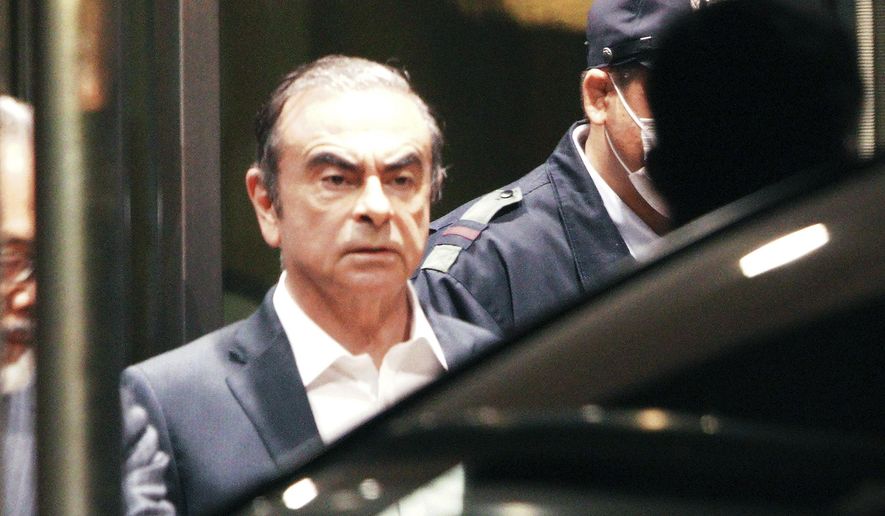OPINION:
The Group of 20 (G20) confab, currently occurring in Osaka, Japan, brings together the leaders of 19 affluent countries plus the European Union. Prosperous and economically advanced all of the participating countries are, but their political and judicial systems run the gamut from free and open to positively medieval.
Consider, for instance, how the legal system functions in Japan, the G20’s current host country. About 99.9% of Japanese prosecutions end in convictions. This either points to police and prosecutors with nearly superhuman capabilities of crime detection, or a system that is heavily weighted toward the prosecutors. Alas, most of the evidence points to the latter explanation.
Other countries that boast 99% conviction rates include such famous bastions of honest policing as China and Russia. (Imagine being the one prosecutor who manages to lose a case in China.) In the English and Welsh crown courts, by contrast, only about 80% of cases end in convictions. Even in the rare cases in which a Japanese prosecutor manages to lose, it is granted an appeal. So much for “double jeopardy.”
Julian Adame was one American who learned a harsh lesson about justice, Japanese style. Mr. Adame, 22 years old and a student at the University of Redlands, was traveling in Japan last year when he fell asleep in a bar. He awoke to find police officers telling the young man that he had broken a lamp, and that he must pony up $900 immediately. Mr. Adame had been warned that Yakuza members often impersonate police officers to extort money from unsuspecting victims, so he refused. Alas, those coppers were no impersonators. They arrested Mr. Adame and charged him with “resisting.” He ended up sitting in a Japanese jail for nearly a year.
Carlos Ghosn is another foreigner currently enmeshed in the net of a justice system that can only be described as “Kafkaesque.” Mr. Ghosn, the former high-flying executive who for years ran Nissan, Renault and Mitsubishi, was arrested in Tokyo on Nov. 19 and charged by Japanese authorities with understating his income to avoid taxes and with transferring his own personal losses to Nissan’s books. The Franco-Lebanese-Brazilian tycoon denies the charges.
After his arrest, Mr. Ghosn spent several months in solitary confinement in a cell in which he could not even decide whether to turn the lights on or off. He was interrogated for up to eight hours a day, seven days a week, without an attorney present. This was a case of Japanese “hostage justice.” The idea — cruel, but effective — is to make the experience in jail so miserable that the defendant simply confesses to his supposed crime. Hostage justice is a big part of why Japanese prosecutors win so many of their cases. Nearly nine out of 10 Japanese defendants confessed to their charges in 2017.
Today, Mr. Ghosn is out of jail, but under house arrest in Tokyo. The conditions are still grim. Writing in these pages several weeks ago, Mr. Ghosn’s children reported that “his restrictions are cruel. He is banned from seeing his wife, Carole, and he is banned from communicating with her in any way.”
Even crueler, a trial date has not even been set yet. The case is vaguely set for “early next year,” but it’s anybody’s guess when Mr. Ghosn will finally be able to answer the charges lodged against him. A speedy trial is another hallmark of a fair, functional justice system. Mr. Ghosn is being denied this.
While no gracious guest seeks to embarrass his host, this week might be a good time for the leaders of other G20 countries to raise the issue of the Japanese system of injustice. Mr. Ghosn, an industry titan with homes in Tokyo, Rio de Janeiro, Beirut, and Paris (two there for good measure), may not strike some as the most sympathetic of defendants, but his mistreatment speaks volumes about how far Japan’s justice system still has to come.
⦁ Ethan Epstein is deputy opinion editor of The Washington Times. Contact him at eepstein@washingtontimes.com or on Twitter @ethanepstiiiine.




Please read our comment policy before commenting.